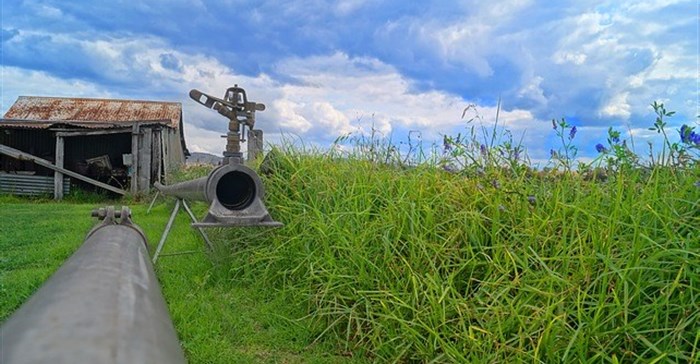The Water Research Commission (WRC) recently hosted a dialogue in Pretoria to strengthen the research agenda on the water-energy-food (WEF) nexus in South Africa.
The WEF nexus was first brought to the attention of global leaders at the Davos World Economic Forum through the Global Risks report, of which South Africa was a part. Since then, the interconnections between these three vital commodities are increasingly being recognised.
However, despite increasing interest, the nexus largely remains an isolated issue due to lack of understanding and the complexities of the relations between its components. South Africa needs to consider the nexus due to the following factors:
• high demand for water by various key sectors such as agriculture, energy, etc.;
• high population growth;
• high priorities for infrastructural development; and
• climate change associated challenges.
Water, energy and food are resources that are mutually interconnected. Fresh water is essential in the production of food and generation of energy. It also plays vital roles in achieving progress in all aspects of development. Demands for water, energy and food will continue to increase over the coming decades to meet the needs of growing populations and economies, changing lifestyles and evolving consumption patterns.
Pressures are amplified
These trends will greatly amplify existing pressures on limited natural resources and on ecosystems and the services they provide. The resulting challenges will be most acute in countries such as South Africa which are undergoing accelerated transformation and rapid economic growth, or those in which a large segment of the population currently lacks access to modern services.
Dr Mandla Msibi, Water Research Commission group executive for innovation and impact, reiterated that the WEF nexus is one of several flagship projects within the WRC due to its cross-cutting nature within the organisation. Since 2012, the WEF nexus has been profiled and incorporated into existing projects across various units within the WRC. Different sectors are involved within the WEF nexus and, therefore, a need exists to get role players together to get an understanding.
Dhesigen Naidoo, CEO of the WRC, said 2015 started off with the announcement of the Global Risk Register from the World Economic Forum, where the number one risk identified was water security followed by energy, climate change and food security. "In a global context we are not yet delivering on sustainability and in South Africa there are several challenges like the grain stock deficit and its influence on the market. The biggest risk factor is the availability of energy and the role water plays in this domain."
Paradigm shift
"South Africa needs a massive paradigm shift on how we explore water. We need to move from a water-welfare state paradigm (government provides water and services) to a water-responsibility paradigm, where end-users and the private sector are more involved in the water space. There is no sustainable solution for WEF if we do not engage the three areas; we cannot work with each in segmentation," Naidoo said.
Dr David Tinarwo from the University of Venda, pointed out that there is a need to move away from a silo approach to a coherent nexus approach with the alignment of policy and goals. "We need to be bold to make an impact on our national resources to generate sustainable growth".
Dr Tafadzwa Mabhaudi from the University of KwaZulu-Natal, outlined a WRC study looking at water use for strategic biofuel crops, and Dr Amos Madhlopa from the University of Cape Town gave an overview of a WRC study on the WEF nexus in the context of climate change, which is investigating trade-offs between water use efficiency and renewable energy options for South Africa.













































